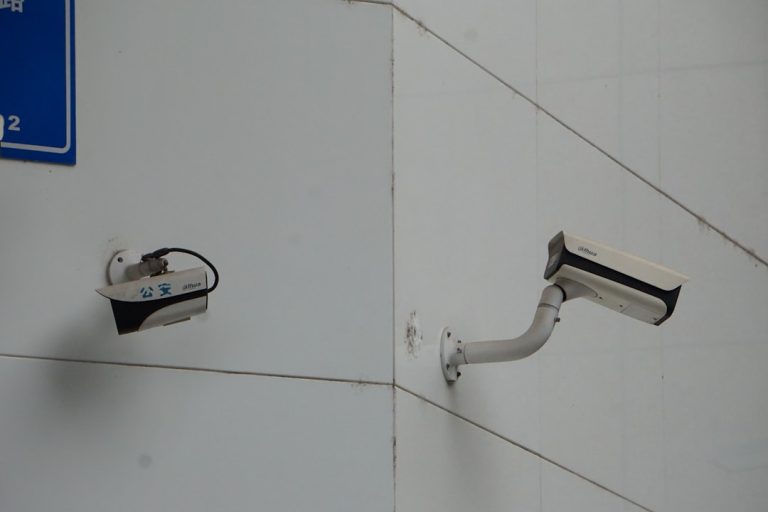Credit Report Errors: How to Identify and Correct Inaccuracies
As a responsible consumer, you regularly check your credit report to ensure that all the information is accurate. Your credit report plays a crucial role in your financial life, influencing your ability to secure loans, mortgages, and even job opportunities. However, errors on your credit report can negatively impact your credit score and overall financial health. In this article, we will discuss how to identify and correct credit report errors to safeguard your financial well-being.
Common Types of Credit Report Errors
There are several common types of errors that can appear on your credit report, including:
- Incorrect personal information, such as your name, address, or Social Security number
- Accounts that do not belong to you
- Incorrect account status (e.g., showing a closed account as open)
- Missing account information
- Duplicate accounts
- Incorrect payment history
It’s essential to review each section of your credit report carefully to spot any inaccuracies that could potentially harm your credit score.
How to Identify Credit Report Errors
The Fair Credit Reporting Act (FCRA) entitles you to a free copy of your credit report from each of the three major credit bureaus – Equifax, Experian, and TransUnion – once every 12 months. You can request these reports from AnnualCreditReport.com, the only website authorized by the federal government for this purpose.
When reviewing your credit report, pay close attention to the following:
- Verify that all personal information is correct.
- Check each account listed to ensure it belongs to you.
- Review account balances and payment history for accuracy.
- Look for any accounts that you don’t recognize.
- Check for any derogatory marks or late payments that you believe are incorrect.
How to Correct Credit Report Errors
If you identify any errors on your credit report, it’s crucial to take steps to correct them promptly. Here’s what you can do:
- Contact the Credit Bureau: Notify the credit bureau in writing about the error and provide supporting documents if necessary. The bureau is required to investigate the issue within 30 days.
- Contact the Creditor: If the error is related to a specific account, contact the creditor directly to dispute the information. They are also obligated to investigate and correct any inaccuracies.
- Follow Up: Keep records of all communication with the credit bureau and creditor. Follow up regularly to ensure that the error is being addressed and corrected.
- File a Dispute: If the error persists after contacting both the credit bureau and creditor, you can file a formal dispute with the Consumer Financial Protection Bureau (CFPB).
The Importance of Monitoring Your Credit Report Regularly
Monitoring your credit report regularly is essential for maintaining good financial health. By checking your report frequently, you can quickly spot any errors or fraudulent activity and take action to address them before they cause significant damage to your credit score.
In addition to reviewing your credit report annually, consider signing up for credit monitoring services that provide real-time alerts for any changes on your report. This proactive approach can help you stay on top of your credit status and respond promptly to any issues that arise.
Final Thoughts
Credit report errors can have far-reaching consequences on your financial well-being. By staying vigilant and regularly reviewing your credit report, you can identify and correct inaccuracies before they impact your credit score. Remember, you have the right to dispute any errors on your credit report and ensure that it reflects accurate information about your financial history.
If you need further assistance in understanding your credit report or resolving errors, don’t hesitate to consult with a financial advisor or credit counseling service. Your financial future depends on maintaining an accurate and up-to-date credit report, so take proactive steps to protect it.






